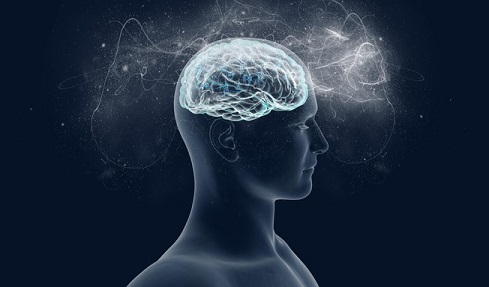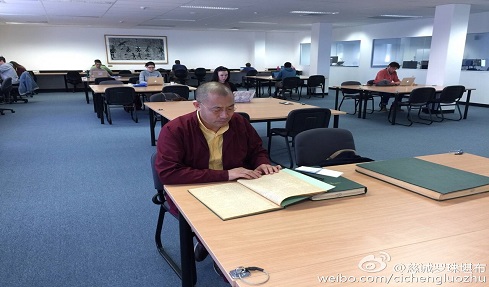A neuroscientist and I discussed the relation between the brain and consciousness. His view is that, based on the current research, the brain alone cannot explain the nature of consciousness for two reasons: first, so far the brain has proven too complex to understand it fully, and second, it has been found that in reality there are some mental phenomena that cannot have been produced by the brain.
KHENPO'S BLOG
The second time I was at the University of Virginia, I had discussions with three scientists, Dr. Jim Tucker who researches reincarnation, and two others who research near-death experiences and paranormal phenomena. Dr. Tucker said he has more and more faith in his research findings, believing that there exists spiritual world besides the physical world.
At George Washington University, I had a dialogue with a scientist and a philosopher on consciousness, self and meditation. The scientist found in his initial study that meditation is shown to have anti-aging benefits, which is very similar to the Buddhist view.
I spoke to a group of medical professionals at a California hospital about how to cultivate loving-kindness and compassion. A great deal of scientific research done in the U.S. has shown that such training is greatly beneficial for both medical personnel and patients. This is why some hospitals try to introduce the Dhyana (Zen thinking) of compassion in their medical treatment systems.
Neuroscientists at Harvard Medical School have studied for more than ten years how meditation affects the brain. They discovered that meditation is effective in treating depression. By using the same technique that we frequently mention, meditation can no doubt treat depression.
Meditation is very popular among people in the U.S. and other Western countries. While the source of their meditation practice is Buddhism, nowadays Buddhists and non-believers alike practice meditation, and even children in the primary schools have started to meditate. Mostly, their purpose is to maintain a healthy mind.
I believe that Lord Buddha’s wisdom can provide a great many people with the feeling of resplendent sunlight shining from within. Thank you, Seattle, for the bright sunshine. Each time it lets me see you at your most beautiful.
The second time at Harvard University, I participated in a dialogue on brain and meditation with some neuroscientists. In my speech, I expressed my view on the findings of neuroscience from a Buddhist perspective. Scientists have discovered that the mind can reshape the brain. Although this is very close to the Buddhist view, the current findings in science are analogous to seeing the water that moves when a fish swims near the, but not the fish itself—that is, only seeing some traces of the movement of consciousness.











